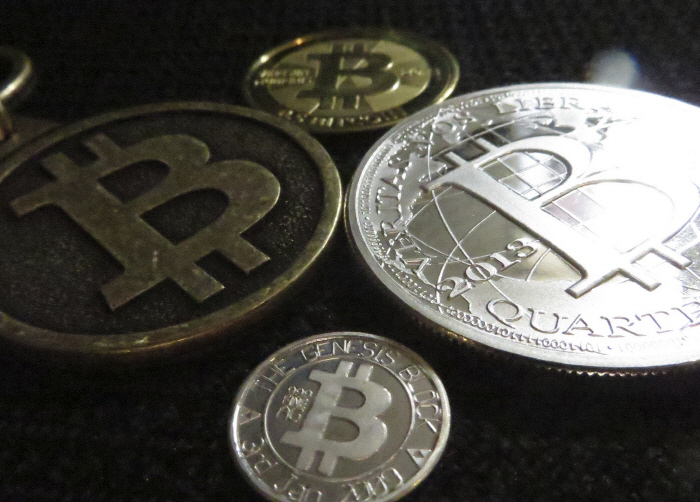Financial institutions and governments are slowing realising the potential of blockchain technology to facilitate cheaper and faster local and global transactions. However, they remain wary of some of the features associated with the technology.
One of the main concerns relates to the privacy and semi-anonymity of Bitcoin. Several governments have expressed their stance against digital currencies as they can facilitate criminal activities and money laundering, and make tax collection much more difficult.
So, while governments wish to transform the financial system with blockchain, they want to remove privacy. This has led to the emergence of various concepts and implementations of blockchains without privacy, where all users are explicitly identified, and all transactions traceable by the government by design, reports Bitcoin Magazine.
GreenCoinX , the “identifiable digital currency”, highlights a statement of Bill Gates in a 2014 Bloomberg TV interview on its website:
“The customers we’re talking about aren’t trying to be anonymous, they’re willing to be known, so Bitcoin technology is key, and you can add to it or you could build a similar technology where there’s enough attribution where people feel comfortable that this is nothing to do with terrorism or any type of money laundering”
GreenCoinX, developed by GreenCoinX Inc., a Canada-based software development company, has digital identification built-in.
“Other cryptocurrencies are not identifiable and, therefore, those cryptocurrencies are not only susceptible to be used for illegal purposes, but are not easily taxable by governments,” state the developers. “These concerns make global acceptance of cryptocurrency transactions more difficult. GreenCoinX provides a solution by adding email and phone identification to all GreenCoinX transactions. Those intending illegal activities will likely not use GreenCoinX as they can be easily identified. Furthermore, global governments will be able to collect taxes based on GreenCoinX transactions with country-by-country rules for each type of transaction.”
GreenCoinX aims to resolve the “trust based concerns” with other virtual currencies. GreenCoinX Inc says that it is ready, willing and able to co-operate with all government entities in any jurisdiction worldwide to smoothly facilitate the collections of taxes related to transactions that use GreenCoinX.
Moving on, the GNU Taler project is a new electronic payment system under development at Inria. One of the key goals of Taler is to provide anonymity for citizens buying goods and services, while ensuring that the state can observe incoming transactions to ensure businesses engage only in legal activities and do not evade taxes (such as income tax, sales tax or value-added tax), it says in its website.
What distinguishes GNU Taler from GreenCoinX is that while it doesn’t protect the identity of the merchant, it does protect the identity of the customer. The identity of a customer won’t be revealed to the merchant, and the government won’t be able to learn how consumers spend their electronic money.
The report concluded stating “The GNU Taler project seems an interesting attempt to put together two conflicting requirements – anonymity for consumers and ability for the government to tax merchants. However, the government doesn’t want to know only how much a merchant earns, but also who buys what. Therefore, it seems likely that governments would prefer simpler systems with no privacy at all, such as GreenCoinX.”
Will identifiable digital currency become the new normal?

Friday, September 11, 2015 12:37 PM UTC
Editor's Picks
- Market Data
Most Popular
































